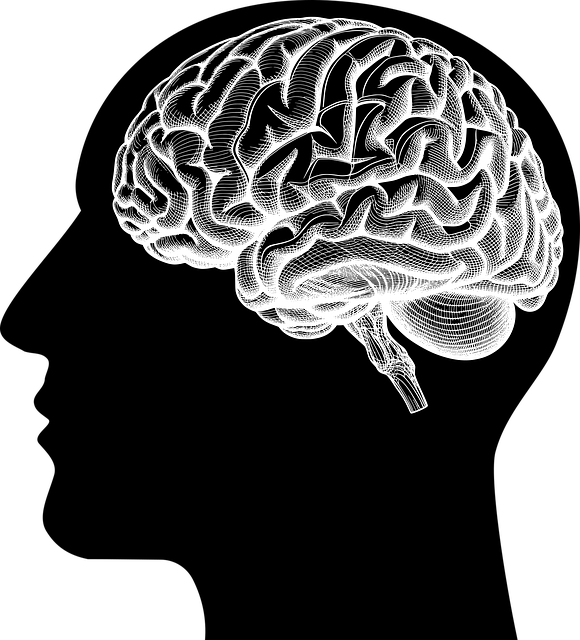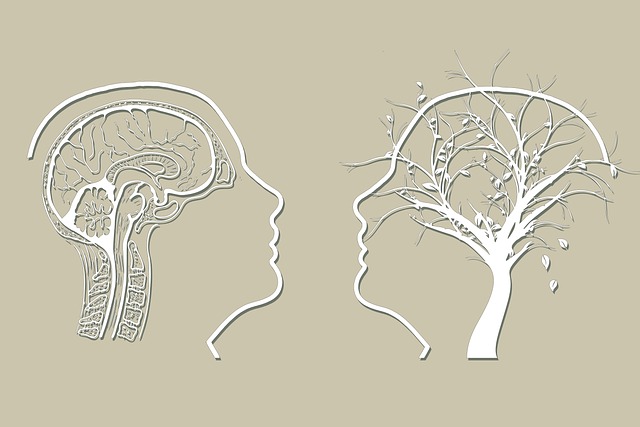The elderly population faces unique challenges to mental wellness, including isolation, chronic health conditions, and cognitive changes. Recognizing these factors is key for effective public awareness campaigns. Hypnosis, an innovative therapy, enhances self-awareness and emotional regulation, addressing deep-rooted issues. Journaling complements hypnosis in a holistic approach tailored to elders' needs. Public campaigns should communicate hypnosis' benefits through creative visuals, personal stories, and accessible platforms to dispel myths and overcome barriers. Measuring campaign success involves tracking changes in community health indicators, like decreased depression rates, improved coping mechanisms, and enhanced access to mental healthcare services, promoting alternative therapies like hypnosis for elder care.
In today’s digital era, raising public awareness about mental health is paramount, especially among elderly populations. This article delves into strategies to enhance well-being through innovative approaches like hypnosis, addressing unique needs often overlooked. We explore effective campaign design, the role of technology, and ways to overcome barriers to accessing hypnotherapy services tailored for seniors. By measuring success and impact, we aim to revolutionize community health, showcasing therapy for elders as a powerful tool with a profound reach.
- Understanding Elderly Populations and Their Unique Needs
- Unlocking the Power of Hypnosis for Mental Well-being
- Designing Effective Public Awareness Campaigns
- Overcoming Barriers to Accessing Hypnotherapy Services
- Measuring Success and Impact on Community Health
Understanding Elderly Populations and Their Unique Needs

The elderly population represents a unique and often overlooked segment of society with distinct needs when it comes to mental wellness. As people age, they may face various challenges that impact their emotional well-being, such as isolation, chronic health conditions, and cognitive changes. Recognizing these factors is crucial for developing effective public awareness campaigns aimed at improving the lives of seniors.
One innovative approach gaining traction in therapy for elders is hypnosis, a technique known to enhance self-awareness exercises and emotional regulation. By guiding them through hypnotic states, professionals can assist in uncovering and addressing deep-rooted issues, fears, and memories that might be hindering their mental wellness. Additionally, promoting practices like journaling as a mental wellness journal exercise guidance can empower the elderly to express themselves, track their emotions, and foster better self-understanding. These strategies are essential components of a holistic approach to cater to the unique requirements of this demographic.
Unlocking the Power of Hypnosis for Mental Well-being

Hypnosis has emerged as a powerful tool for enhancing mental well-being, particularly among elders seeking therapy. This ancient practice offers a unique and effective approach to addressing various psychological issues. Through guided relaxation and focused attention, hypnosis allows individuals to access their subconscious mind, where many emotional responses and habits are rooted.
For the elderly population, hypnosis can be instrumental in managing conditions such as anxiety, depression, and even post-traumatic stress. By utilizing communication strategies tailored for this demographic, therapists can help elders process and release traumatic memories while also teaching them coping mechanisms to combat burnout. Trauma support services incorporating hypnosis have shown promising results, providing a non-invasive method to promote mental health and overall quality of life.
Designing Effective Public Awareness Campaigns

Designing effective public awareness campaigns requires a deep understanding of the target audience and their unique needs. For instance, when focusing on therapy for elders, incorporating elements of hypnosis can be a powerful strategy. Hypnosis has been shown to aid in stress management workshops, offering an alternative approach to traditional counseling methods, especially for those with trauma support services needed. By utilizing creative visuals, compelling narratives, and accessible platforms, organizations can effectively communicate the benefits of these therapeutic techniques.
A well-designed campaign should not only educate but also inspire action. Incorporating personal stories and success cases related to hypnosis therapy can humanize the concept, making it more relatable. Engaging content that highlights how hypnosis contributes to stress management and overcomes challenges associated with aging will resonate with elders and encourage them to seek out such services. Additionally, ensuring accessibility through various media formats caters to diverse learning styles, fostering wider public awareness and potential participation in relevant workshops or therapy sessions.
Overcoming Barriers to Accessing Hypnotherapy Services

Many older adults face barriers when considering hypnotherapy as a treatment option for their mental health needs. One significant challenge is the stigma surrounding hypnosis, often perceived as a form of entertainment rather than a legitimate therapy. Educating the public about the effectiveness and safety of hypnotherapy is crucial in overcoming this barrier to access. Public awareness campaigns can play a pivotal role in dispelling myths and highlighting the potential benefits for mental health awareness among seniors.
Additionally, ensuring affordability and accessibility is essential. Many elders might have limited financial resources or face challenges in traveling to specialized therapy centers. Integrating hypnotherapy into community-based programs, offering sliding scale fees, or providing online sessions can facilitate emotional healing processes and improve social skills training for this demographic. Such initiatives contribute to a more inclusive environment, fostering mental health awareness and encouraging individuals to explore the therapeutic benefits of hypnosis without hesitation.
Measuring Success and Impact on Community Health

Measuring the success and impact of public awareness campaigns focused on mental health is crucial to understanding their effectiveness. By utilizing therapeutic tools like hypnosis, which has proven beneficial for elders suffering from various mental health conditions, campaign organizers can assess the reach and results of their initiatives. The key lies in gauging changes in community health indicators over time, such as reduced rates of depression and anxiety, improved coping mechanisms, and increased access to mental healthcare services.
Incorporating Mind Over Matter principles into these campaigns plays a vital role in fostering cultural sensitivity within mental healthcare practice. This approach ensures that the message resonates with diverse communities, encouraging open dialogue about mental health and normalizing the exploration of alternative therapies, including hypnosis, as valid tools for depression prevention. The ultimate goal is to empower individuals to take charge of their mental well-being and create a more supportive, inclusive community environment.
Public awareness campaigns play a pivotal role in educating communities about accessible therapies, such as hypnosis, tailored for the unique needs of elderly populations. By understanding their specific challenges and leveraging the power of hypnosis for mental well-being, we can significantly enhance community health outcomes. Overcoming barriers to accessing hypnotherapy services is essential to ensuring that these transformative practices reach those who stand to benefit most. Through measured success and impact assessments, we can refine campaigns and continue to improve the overall mental health and well-being of our aging communities, making therapy for elders more accessible and effective through hypnosis.








